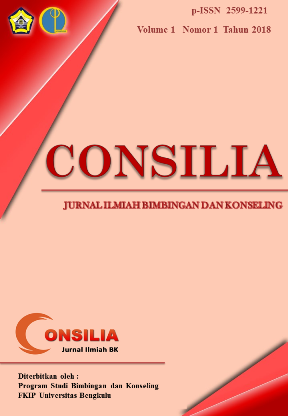Main Article Content
Abstract
Education is a conscious effort to prepare students through guidance, teaching, and or training activities to play a role in the future. Education can be carried out in various types including formal, non-formal and informal education. The extraordinary education paradigm has given a very high appreciation for human rights by seeking to treat children with special needs based on human, individual, social, moral and religious dimensions in order to achieve optimal development where children with special needs are children who have their own uniqueness both from a physical and psychological point of view. Children with special needs, if we compare them with normal children, physically and psychologically, of course, need special educational services. Classification of Children with Special Needs According to IDEA or Individuals with Disabilities Education Act Amendments made in 1997 but reviewed in 2004 the classification of children with special needs are: Children with physical disorders (blind, deaf, physically disabled), children with emotional and behavioral disorders (tunalaras , speech impaired, hyperactive), children with intellectual disabilities (Tunagrahita, Slow Learner, Children with special learning difficulties, gifted children, autism, indigo.
Keywords : Intervention strategic ; Guidance and Counseling ; special needs children
Article Details

This work is licensed under a Creative Commons Attribution-ShareAlike 4.0 International License.
Authors who publish in this journal agree with the following terms:- Authors retain copyright and grant the journal right of first publication with the work simultaneously licensed under a Creative Commons Attribution-ShareAlike 4.0 (CC BY-SA) that allows others to share the work with an acknowledgement of the work's authorship and initial publication in this journal.
- Authors are able to enter into separate, additional contractual arrangements for the non-exclusive distribution of the journal's published version of the work (e.g., post it to an institutional repository or publish it in a book), with an acknowledgement of its initial publication in this journal.
- Authors are permitted and encouraged to post their work online (e.g., in institutional repositories or on their website) prior to and during the submission process, as it can lead to productive exchanges, as well as earlier and greater citation of published work (See The Effect of Open Access).
- This work is licensed under a Creative Commons Attribution-ShareAlike 4.0 International License.
